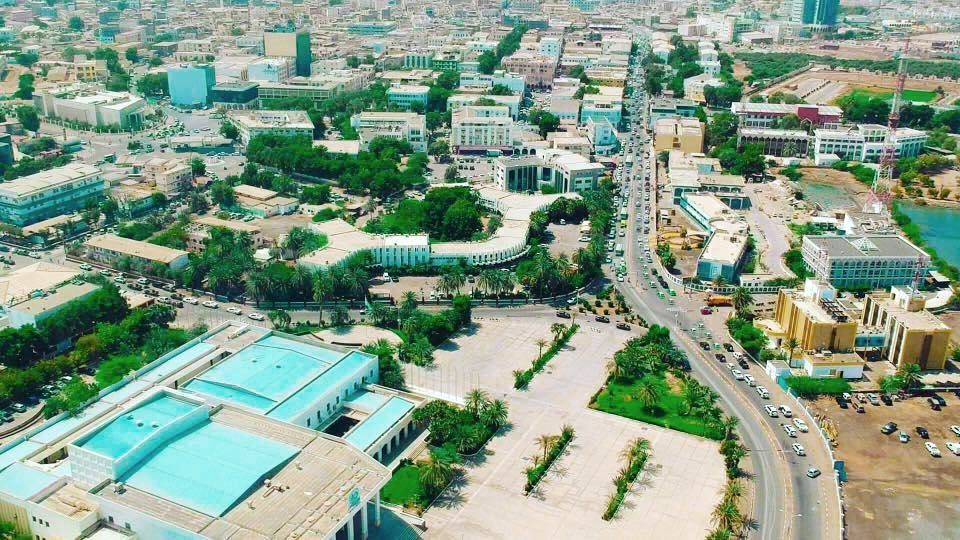The institution emphasizes that the decline in regional growth during the current year reflects the worsening of weather shocks, the slowdown of the global economy and domestic supply problems, particularly in the transport sector. 'electricity.
Average economic growth in sub-Saharan African countries is expected to fall to 3.3% in 2023 from 4% in 2022, before rising to 4% in 2024, the International Monetary Fund (IMF) announced in its outlook update of the world economy, published Tuesday, October 10, on the occasion of the annual meetings of the institution and the World Bank in Marrakech, Morocco.
These new estimates are lower than the forecasts announced by the IMF last July, when it indicated that the region would experience growth of 3.5% in 2023 and 4.1% in 2024.
“The projected decline in growth compared to 2022 reflects worsening weather shocks, the slowdown in the global economy and domestic supply problems, particularly in the electricity sector,” explains the IMF.
In Nigeria, economic growth is expected to increase from 3.3% in 2022 to 2.9% in 2023, before reaching 3.1% in 2024. For Africa’s leading economic power, the forecasts for 2023 have been reduced by 0 .3 percentage points from July, reflecting lower-than-expected oil and gas production and higher inflation following the removal of fuel subsidies and the devaluation of the naira.
In South Africa, growth is expected to fall from 1.9% in 2022 to 0.9% in 2023, due in particular to the energy crisis hitting this country. However, these new forecasts are up 0.6 percentage points from the Fund’s previous estimates from last July, as the intensity of electricity shortages declined during the second quarter of 2023.
Angola’s growth forecast for 2023 was, however, reduced from 3.5% to 1.3%.
The IMF also indicated that the growth of the Kenyan economy should accelerate to reach 5% in 2023 against 4.8% in 2022, despite budget cuts made by the government in a context of soaring services. debt. Tanzania and Senegal are also expected to record higher growth rates this year.
Average annual inflation in sub-Saharan Africa is expected to rise to 16.2% at the end of this year, almost identical to that recorded at the end of 2022. Regionally, inflation However, the average should decline next year to 10.5%.





























Réagissez à cet article